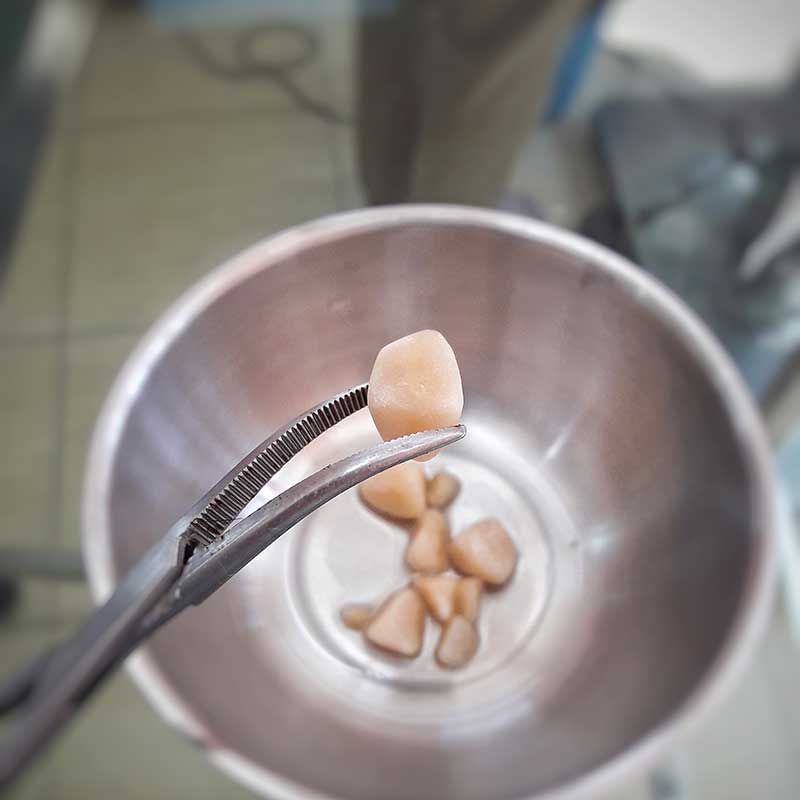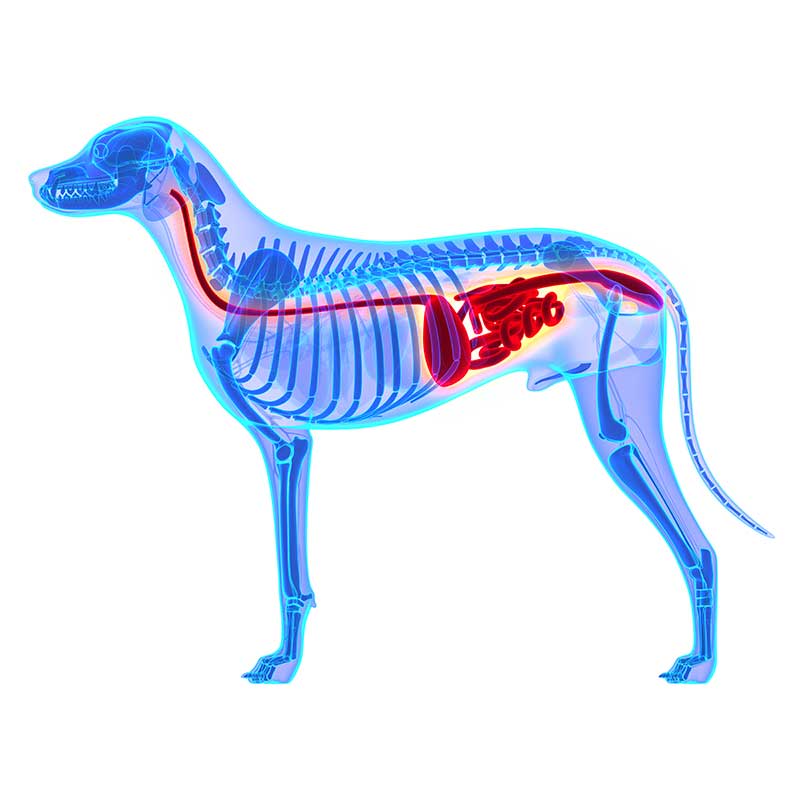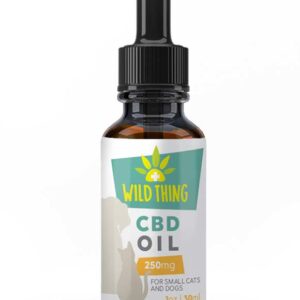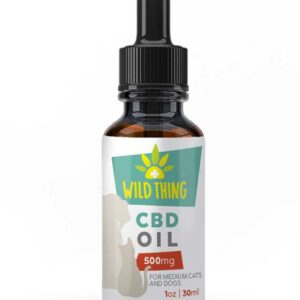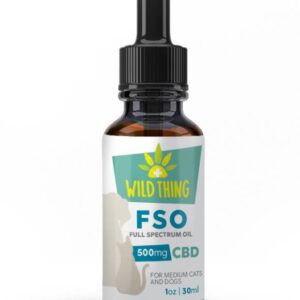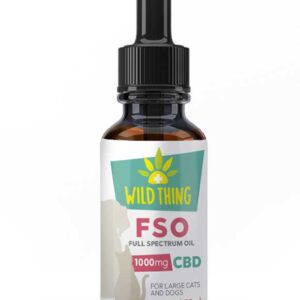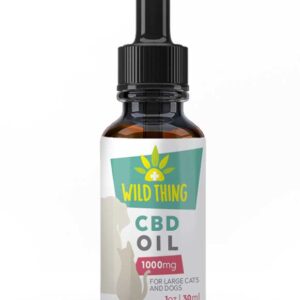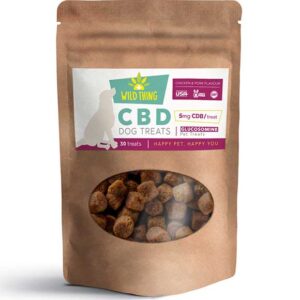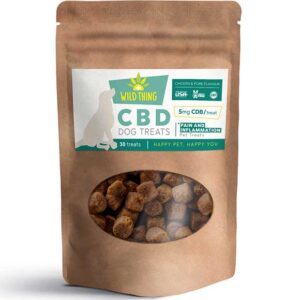At some point during your travels through life there is a pretty good chance you’ve heard of or know someone who has suffered from gallstones. They’re not an uncommon occurrence in humans, but dogs are another story. Dogs don’t have control over their diet and it is important that you educate yourself on what can cause this ailment for your pet. Gallstones in dogs and gallbladder attacks in dogs can stem from many sources. While they are are often not life-threatening, symptoms of gallstones in dogs and the problem of determining what is the best diet for dogs with gallbladder problems can lead pet owners down a winding track of worries and financial woes. Gallstones in dogs can be quite painful and uncomfortable for your pet so identifying the problem as soon as possible is imperative. Left untreated, however, gallstones in dogs can cause serious internal damage and eventually lead to death. In this article we will take a look at the purpose of the gallbladder, the symptoms of gallstones in dogs and what to feed dogs with gallbladder issues.
It’s funny how the gallbladder can be such an unnecessary addition to our collection, but cause so many problems at the same time. Saying it’s “unnecessary” may be a slightly harsh way to describe it, but human and animal bodies don’t need them to survive. When the gallbladder is healthy and operating correctly, it lives a quaint life nestled under the liver within the abdomen. It is a relatively small organ, pear shaped and usually spans 2-4 inches. When everything is running correctly, the gallbladder acts as a reservoir and drain for the liver and its bile when breaking down nutrients and fats. When you eat, it secretes that bile to help you digest the fats from what you are ingesting. It also rids the body of certain types of waste. While it sounds like a very important organ that the body couldn’t possibly live without, it actually isn’t missed once it is removed. Gallbladder removal is a very common procedure. When it is removed, instead of storing bile in the gallbladder, the liver releases bile directly into the small intestine. Even without the gallbladder, your pet can still digest most foods and a slight change of diet may be the only alteration to their lives you would need to make. So, if there’s no risk of gallbladder attacks in your dog after removing it, why not just go ahead and get this procedure done?! Well, of course you need to not rush any surgeries unless their absolutely needed, and for that you need to keep in constant communication with your veterinarian.
What Are Gallstones?
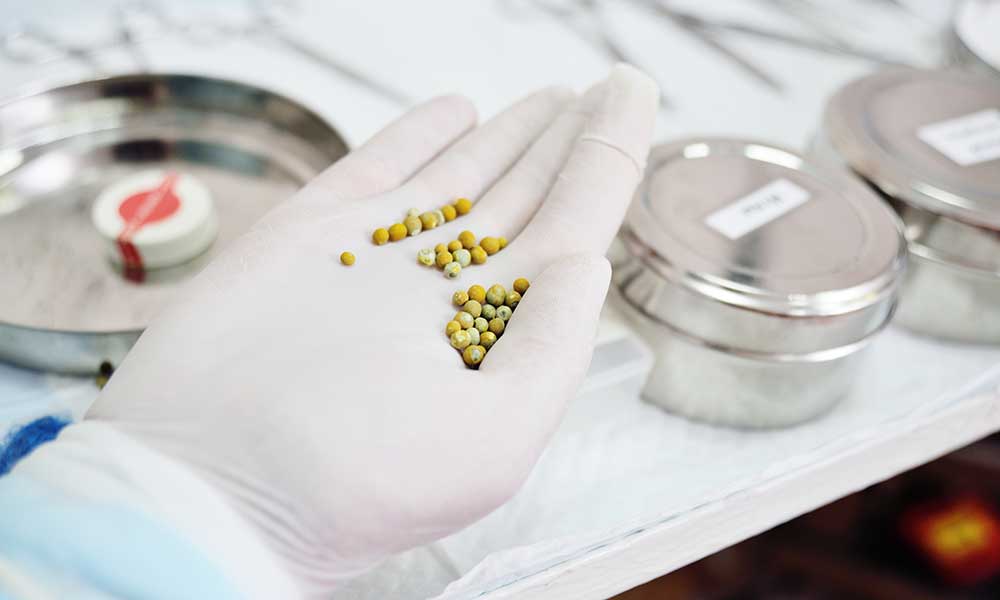
For such a little organ, the gallbladder can cause a lot of big problems. It goes without saying, but we’re going to say it anyway, if you suspect your dog or pet may be suffering from gallstones you should schedule a veterinarian appointment immediately. Like other organs, when the gallbladder is working perfectly, you are not even aware it exists. It’s when things are working less than perfectly that you need to take steps to fixing the problem. Gallstones in dogs are caused by a buildup of bacteria, bile, calcium salts, proteins and cholesterol that create blockages in the gallbladder. If you could see them they would appear as tiny, misshapen “stones” that range in size from particle size to roughly half of an inch. There’s a reason they’re called gall-STONES and they’re not something you want to tangle with. It’s not entirely clear what is the cause of gallstones, but most veterinarians and scientists believe it relies heavily on what your pets’ diet consists of.
What Are The Symptoms of Gallstones in Dogs? What Causes Dog Gallstones & How to Avoid Gallstones in Your Dog
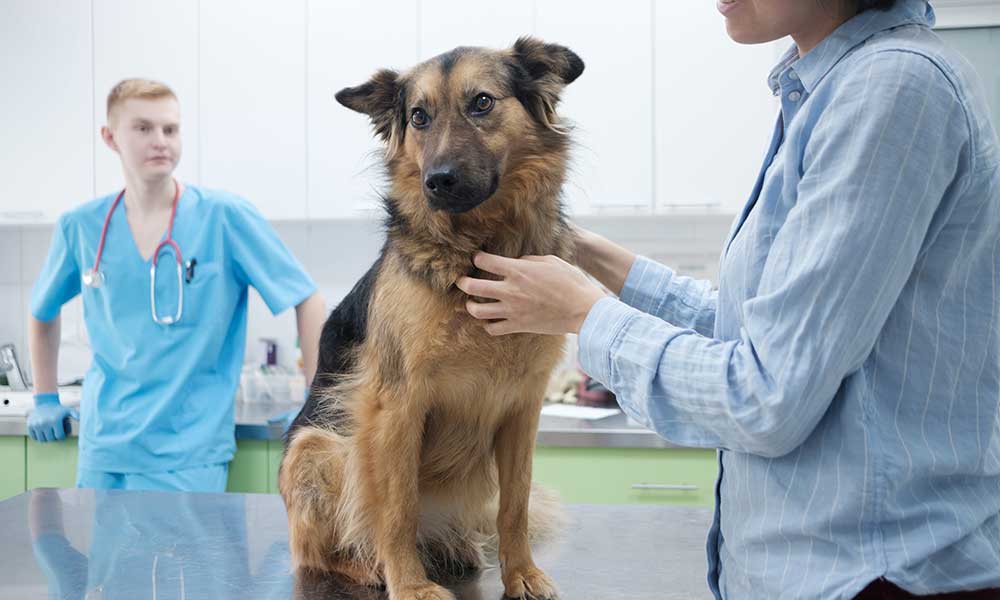
Just like the gallbladder being relatively undetectable when things are running smoothly, it is possible for symptoms to be undetectable when it is not. They won’t stay that way for long though. If left untreated for too long, dog gallbladder issues can lead to serious problems with blockages or perforation of the gallbladder or small intestine. These issues can lead to the bile from the liver or gallbladder leaking into the abdomen. When this happens, it can become life-threatening. The most common symptoms of gallstones in dogs are:
- Pain or blood during urination
- Loss of appetite in dogs
- Weakness
- Vomiting or nausea in dogs
- Chills
- Fever
- Abdominal Pain
- Lethargy
- Jaundice
- Aggression in your dogs attitude
The symptoms of gallstones can often be misconstrued with other ailments that can affect dogs. More often than not, gallstones can be identified through an x-ray, but there are cases where exploratory surgery may be considered. Before treatments like surgery are considered, veterinarians will likely take the wait-and-see approach as the issue can sometimes resolve itself. Gallstones are something that can affect all dogs. It is an illness that develops when the gallbladder fails, but there are some dogs that are more predisposed to the condition than others. Breeds like: Miniature Schnauzers, Poodles and Shelties are more at risk of suffering from gallbladder issues, but it is not guaranteed that they will develop those problems.
Gallstones in Dogs Treatments, Foods for Dogs with Gallbladder Problems & Dog Gallbladder Diets
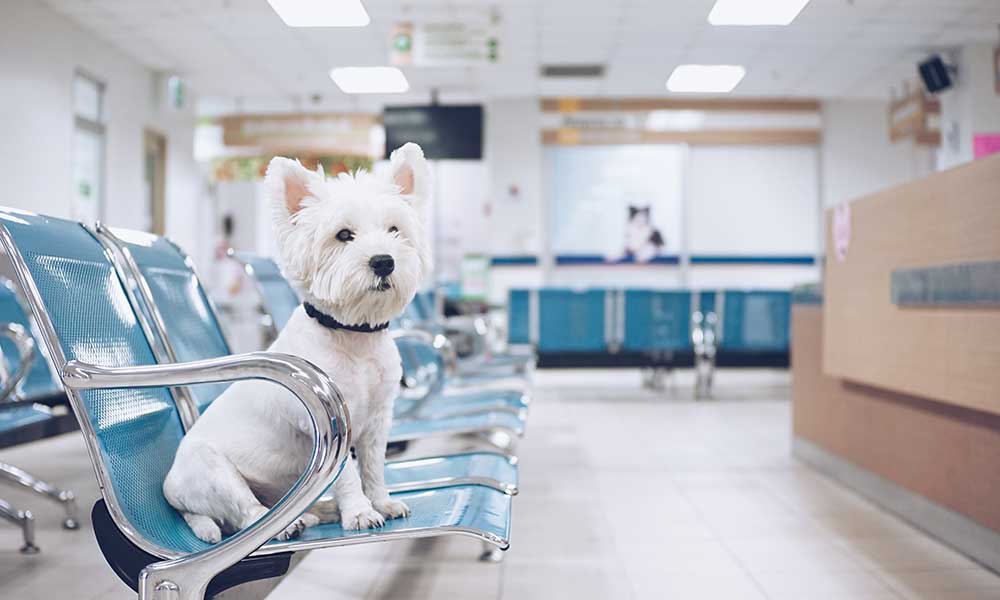
Depending on the severity of your gallstones in dogs at your house, there are a number of different treatments to research. Gallstones in dogs treatments will usually go along with the symptoms your dog is exuding. If your dog is suffering from a more mild version of gallstones then your dog’s gallbladder treatment may be as simple as some antibiotics to prevent any further infections. Deficiencies in vitamins may also be the culprit, so it may be as simple as prescribing some further vitamins to maintain gallbladder health. If your dog’s gallbladder problems are causing symptoms like Jaundice, it’s possible that your veterinarian may prescribe Vitamin E to help improve their liver’s health and, in more serious cases, pairing it with an intravenous (IV) drip of Vitamin K1. In many cases, wondering what to feed dogs with gallbladder issues takes up most of your time & energy as a caring pet owner. Dog gallstones can be brought on by genetics, but they’re typically developed through lifestyle choices (good and bad ones). Gallbladder stones in dogs can be a symptom of bad diets, poor quality dog foods and/or a propensity for getting into foods they shouldn’t be (i.e. the garbage when you’re at work!).
Other, more serious issues, maybe have to be handled in other ways. If your dog’s gallstones are soon to be at a size where they will cause a blockage or they already have, then surgery may be the solution. While there is a surgery that allows a veterinarian to remove the stones, most vets will opt to remove the gallbladder itself. This procedure is less-invasive and is known as laparoscopic surgery. This is usually the solution presented as it will prevent this complication from happening in the future. The recovery rate of the laparoscopic is excellent and dogs are capable of living a long, healthy life afterwards. Strict precautions and changes will need to be made when it comes to your pets’ diet, but if you are prepared to make the decision to remove their gallbladder then you are likely to be aware of the after-care.
There are many treatments to help reduce the risk of gallbladder issues in your dog. Whether you want to start them on foods for dogs with gallbladder problems, optimize the best diet for dogs with gallbladder problems, or try to prevent your dog’s gallstones through healthy balance of exercise, nutrition and love & playtime there are many things you can do as a caring pet owner to try and prevent or treat your dog’s gallstones. If your pooches are showing signs of symptoms of gallstones or if they’ve already had surgery for gallstones, your dog’s gallbladder diet is very important. A dog’s digestive tract and tolerances can differ drastically so it’s best to know what foods you can swap in to maintain a healthy diet. There are lots of different avenues you can take when researching a good diet for your dog. Before a gallbladder attack, your dog’s diet could consist of whole foods like: cage-free chicken, grass-fed beef, naturally & ethically sourced proteins herbs, grains & vegetables, fruits and so on. Post gallbladder removal you will be met with a list of dietary restrictions for your bladderless boy or girl. Most vets will recommend diets consisting of cooked rice, chicken and usually a specialty health dog food of sorts. Just like in our own lives, the healthier we can feed our pets, the healthier our pets will be.
Conclusion
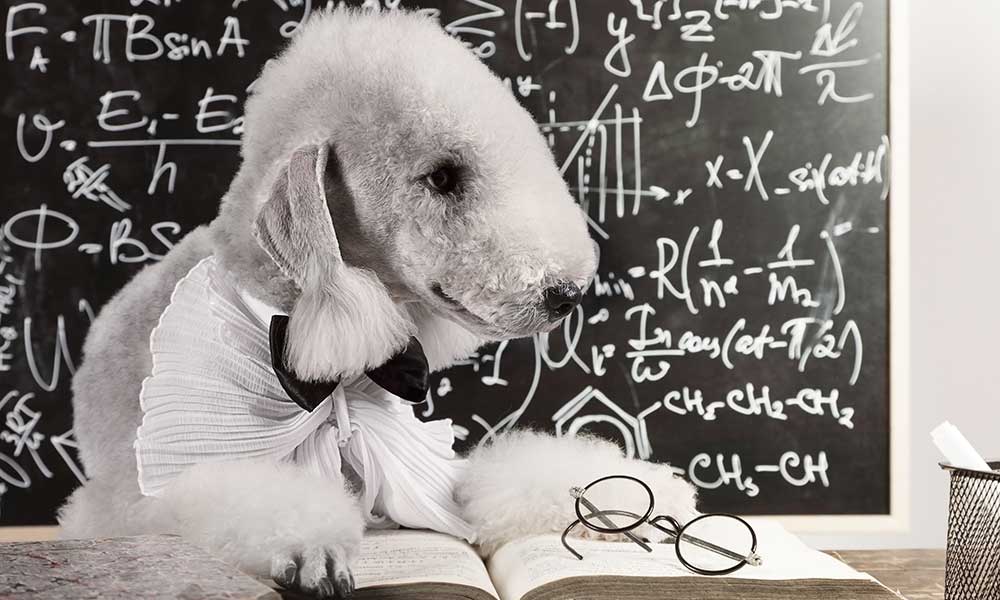
No matter if you’re a human or an animal, your diet dictates a lot about how well health is going to be maintained. It’s not fun to eat healthy. Well, for most of us anyway. Keeping an eye on what our pets are eating can be a full time job on top of our other full time jobs. But that’s the responsibility that comes with being a pet owner. The gallbladder may not be an organ that we absolutely need to survive, like the heart, but it does make things easier if it remains intact. Ensuring that your dog is eating healthy is the first step, but taking regular trips to the vet when we think something may be wrong is another. Gallstones and gallbladder issues are difficult to identify, aside from jaundice, and usually presents itself with symptoms that could be attributed to a host of other ailments. Always aim to feed your dog the best possible diet you can. Just like anything else in life, you get what you pay for. Buying the cheapest dog food on the shelf and overdoing treats is the canine equivalent of ordering take-out every day. Your pets can’t prep their own meals so show them you care by caring for what they put in their bodies as much as you care about what you put in yours. Once you’ve learned what do you feed a dog with gallbladder problems, the rest is simply rinse, repeat – or in your dog’s case, chew, swallow and repeat. There’s a lot you can do to help alleviate, prevent or manage gallbladder stones in your dog if you pay close attention to your K9’s behavior, stay attentive to their cues and always do your best to give them the care they deserve. A healthy pet means a happy you!
FAQ’s
How are gallstones treated in dogs?
Gallstones are treated a number of different ways in dogs. If your dog is suffering from Jaundice, an IV of certain vitamins will be used. Usually a veterinarian will recommend surgery to remove the stones or gallbladder as a whole.
Can dogs pass gallstones?
Gallstones aren’t the same as kidney stones and, if possible, will pass through the intestinal tract and eventually the stool. More often than not, gallstones will become lodged in the bile duct and require surgery to be removed.
What do you feed a dog with gallbladder problems?
Whole foods, rice, chicken and other meats or specially formulated dog foods are the most common foods for dogs with gallbladder problems. If your pet is diagnosed with gallstones a veterinarian will recommend a strict diet as the removal of the organ leads to dietary restrictions.
What type of food causes gallstones?
In humans, gallbladder issues and gallstones can stem from a high fat, overly processed diet. The dog food counterpart to that would be akin to a cheaper dog food that is harsher on your pet’s digestive tract.
Want to Learn More?
Download our AILMENT GUIDE NOW.
PLUS! all FIRST TIME buyers get 50% off their additional order. Visit verlota.com to get your discount code.

